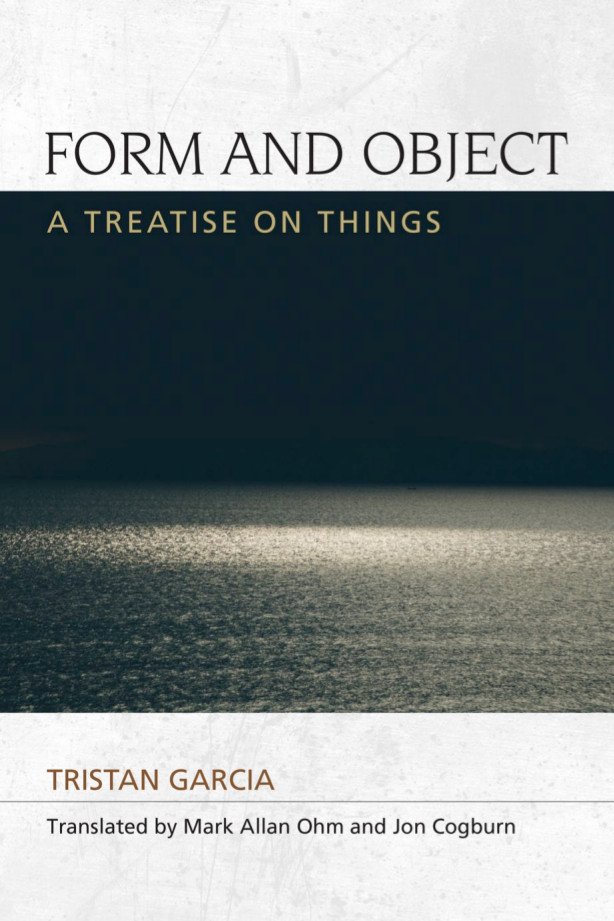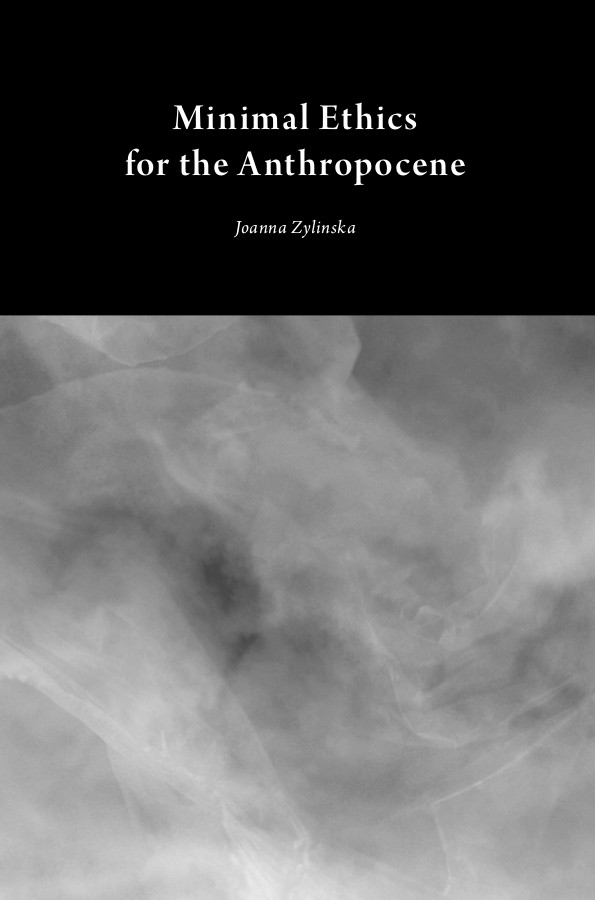Georges Canguilhem: A Vital Rationalist: Selected Writings (1994)
Filed under book | Tags: · biology, epistemology, history of science, knowledge, life, medicine, philosophy, physiology, science

“Georges Canguilhem is one of France’s leading philosophers and historians of science. Trained as both a medical doctor and a philosopher, Canguilhem overlapped these practices to demonstrate that there could be no epistemology without concrete study of the actual development of the sciences and no worthwhile history of science without a philosophical understanding of the conceptual basis of all knowledge.
A Vital Rationalist brings together some of Canguilhem’s most important writings, including excerpts from previously unpublished manuscripts. Organized around the major themes and problems that have preoccupied Canguilhem throughout his intellectual career, this collection allows readers both familiar and unfamiliar with Canguilhem’s work access to a vast array of conceptual and concrete meditations on epistemology, methodology, science, and history. Although Canguilhem is a demanding writer, Delaporte succeeds in identifying the main lines of his thought with unrivaled clarity and maps out the complex and crucial place this thinker holds in the history of twentieth-century French thought.”
Edited by François Delaporte
Translated by Arthur Goldhammer
Introduction by Paul Rabinow
Critical bibliography by Camille Limoges
Publisher Zone Books, New York, 1994
This edition, 2000
ISBN 9780942299731
481 pages
Reviews: Levin (The Journal of the American Medical Association, 1994), Keller (Bulletin of the History of Medicine, 1996), Sutton (The British Journal for the History of Science, 1997).
PDF (7 MB)
Comment (0)Tristan Garcia: Form and Object: A Treatise on Things (2011–)
Filed under book | Tags: · animal, art, being, body, culture, economy, event, evolution, form, gender, human, knowledge, life, metaphysics, nature, nothing, object, ontology, philosophy, relation, representation, self, thing, time, value

“What is a thing? What is an object? Tristan Garcia aims to overturn 100 years of Heideggerian orthodoxy about the supposedly derivative nature of objects to put forward a new theory of ontology that gives us new insights into the world and our place in it.
Garcia’s original and systematic formal ontology of things strips them of any determination, intensity or depth. From this radical ontological poverty, he develops encyclopaedic regional ontologies of objects. By covering topics as diverse as the universe, events, time, the living, animals, human beings, representation, arts and rules, culture, history, political economy, values, classes, genders, ages of life and death, he shows that speculative metaphysics and ontology are alive and well.”
First published as Forme et objet. Un traité des choses, PUF, Paris, 2011.
Translated by Jon Cogburn and Mark Allan Ohm
Publisher Edinburgh University Press, 2014
ISBN 0748681493, 9780748681495
462 pages
On Graham Harman’s System and My Own by Garcia (2013), Harman’s response.
Interviews with Garcia: by Liam Jones (Figure/Ground, 2014), Philosophical Readings (2014).
Reviews and commentaries: Jean-Clet Martin (2012, FR, ES), Harman (Continent, 2012), Nathan Brown (Radical Philosophy, 2014).
Wikipedia (FR)
Publisher
WorldCat
PDF, PDF (updated on 2018-5-8)
Comment (0)Joanna Zylinska: Minimal Ethics for the Anthropocene (2014)
Filed under book | Tags: · anthropocene, death, ethics, life, photography, poetics, politics

“This book was inspired by Annie Sprinkle and Beth Stephens’ wonderfully provocative wedding to Lake Kallavesi at the ANTI Contemporary Art Festival in Kuopio, Finland, in September 2012.” (from Acknowledgments)
“Minimal Ethics for the Anthropocene considers our human responsibility for the world, at a time when life finds itself under a unique threat. Its goal is to rethink “life” and what we can do with it, in whatever time we have left—as individuals and as a species. This speculative, poetic book also includes a photographic project by the author.” (from the back cover)
Publisher Open Humanities Press, September 2014
Critical Climate Change series
Creative Commons BY-SA 4.0 License
ISBN 1607853299, 9781607853299
152 pages
Reviews: Jason Groves (Feedback, 2014), Marietta Radomska (philoSOPHIA, 2015), Andrew Pilsch (Enculturation, 2017).
HTML
PDF, PDF (updated on 2016-7-19)

